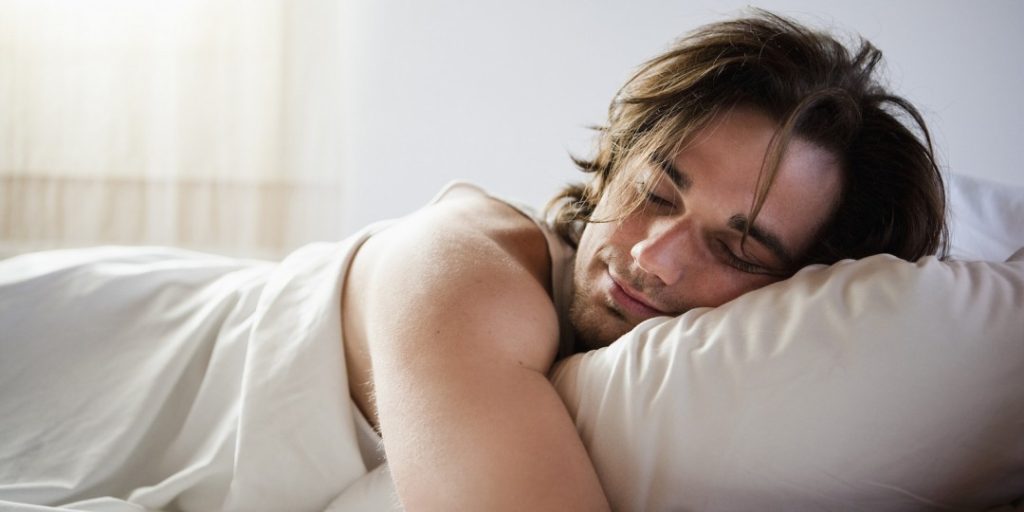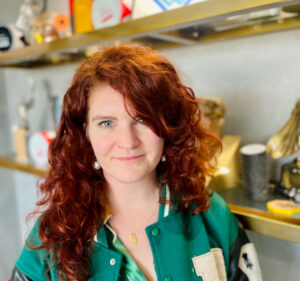New research shows UK productivity suffers due to nation’s poor sleep habits

New research commissioned by the makers of leading sleep aid brand Nytol*, has revealed that over a quarter of people (26%) believe they operate at half their capacity or less, after a bad night’s sleep. 46% get stressed more easily and one in four (25%) people in full time employment feel less in control at work after a poor night’s sleep.
Furthermore, 40% of people claim they “often feel tired”. This also comes at a time when we are seeing the UK’s productivity lag way behind other economies, suggesting that our nation’s sleep habits are not just affecting us individually, but may be having a serious knock on impact on the UK economy.
Half (50%) of those questioned are getting a maximum of six hours sleep a night. This falls short of recommendations put forward by the Royal Society for Public Health (RSPH), who have devised a “Slumber Number”, stating 18-64 year olds need an average of 7-9 hours a night. The RSPH is urging the UK government to deliver a national strategy to urgently address the nation’s under-sleeping habits. Regular poor sleep is known to increase the risk of serious medical conditions, including obesity, heart disease and diabetes, as well as shortening your life expectancy.
Further findings from the new research by Nytol looking at the cause of poor sleep, have shown that a third of people in full time work (32%) are losing sleep because they feel they have too many demands on their time, while 30% are kept awake by unfinished to do lists and 11% by having too many emails in their inbox.
A quarter of young adults (aged 16-24) claim they are often going to bed later than planned because they are working late and a third (33%) stay up browsing the internet.
Sleep expert, Dr Neil Stanley comments,
“Many people are stuck in a vicious cycle. Poor sleep habits make people less productive in the workplace and when suffering with sleepiness, they often find it harder to make critical decisions. We then see people taking work home with them, sometimes working late into the night. This in turn can disrupt sleep for the following night. “




